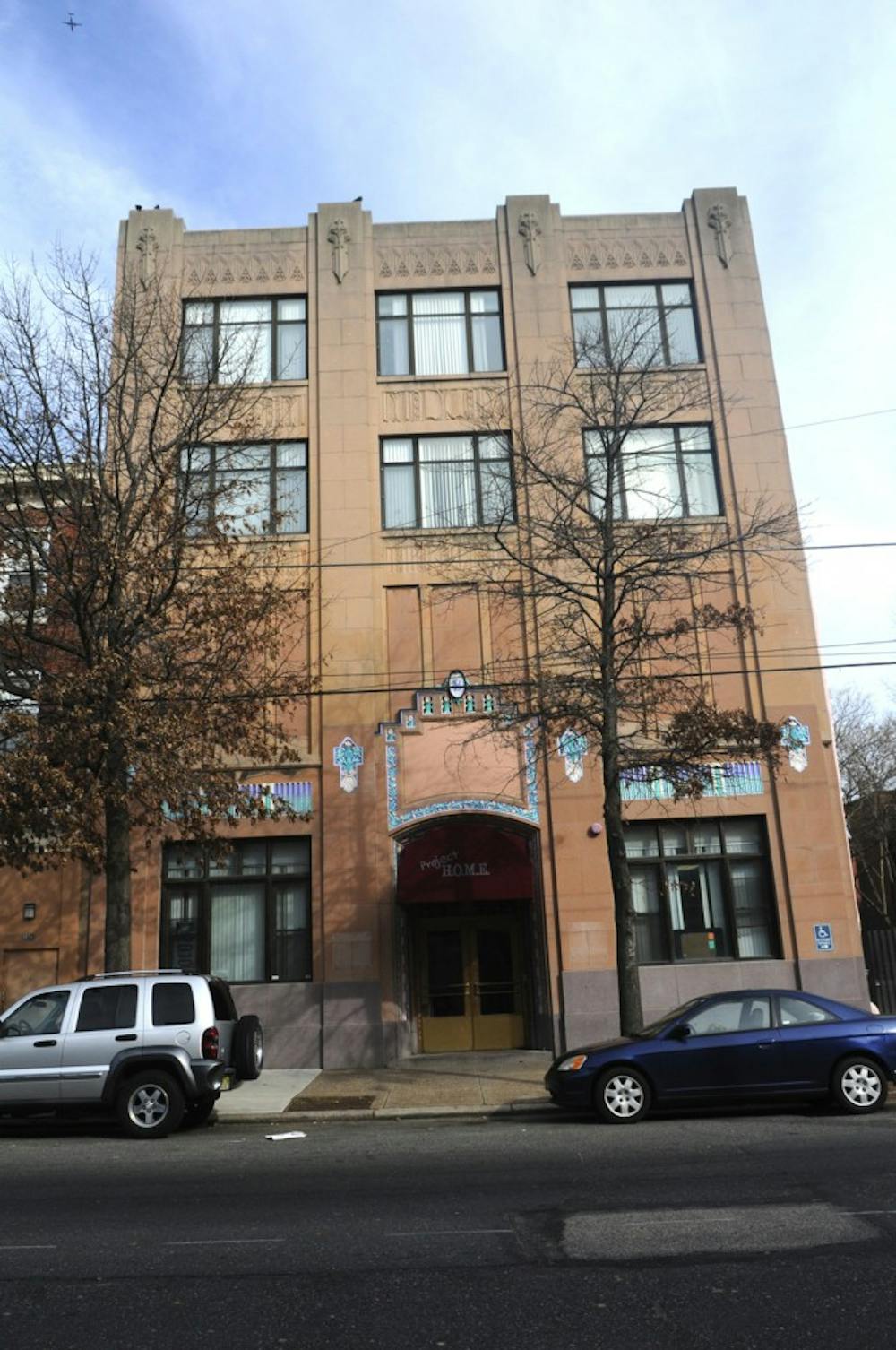In less than a month, Philadelphia kitchens that distribute food might be required to obtain permits to continue doing so.
On February 9, the Philadelphia Board of Health adopted a draft regulation that requires permits from places where food is prepared and given to three or more people. The board will vote on the measure after a 30-day public comment period.
Places that serve food would also undergo safety regulation training. They would be required to notify the Board of Health where, when and what types of food they will serve a year ahead of time.
While Occupy Philadelphia offered food at their camp in City Hall, there was no way for the city to ensure the food was safe, said City Health Commissioner Don Schwarz in an interview with Newsworks.
Schwarz added that the purpose of the bill is to educate the public on safe food-handling practices.
While training and permits will both be free of charge, members of Food Not Bombs — an organization that serves vegetarian food to protest war and poverty — and the Occupy movement view the proposal as an attempt to drive away the homeless. In fact, only four of the nation’s 250 largest cities require these food permits, according to the National Coalition for the Homeless.
Gurbani Chawla, Engineering and College senior and Soup Kitchen Coordinator of service fraternity Alpha Phi Omega, said the bill would have a big impact on homeless shelters.
“Although I understand the need for policies to regulate food preparation and quality, this permit is going to make it difficult for people to continue serving their community,” Chawla said. “Groups spend their own money … to fund these meals and take the time out of their busy lives to cook them. If this permit policy makes it more difficult … to serve the homeless, I am against it because they have done so much to serve this community out of the goodness of their hearts.”
She added that if the bill passes, it might hinder APO from continuing their regular service projects.
Project H.O.M.E.’s Special Projects Coordinator Will O’Brien, however, does not believe that this initiative will affect his organization very much, but it might attract fewer homeless people to certain areas where they usually dwell. Project H.O.M.E. is a homeless shelter that has a partnership with Penn’s Division of Public Safety.
“Outreach workers go out in the street to engage people. The only possible impact of [the bill] is if the permits cause those programs to desist, and then some of the folks would move elsewhere and outreach would not be able to reach them,” he said.
O’Brien considers it counterproductive to take measures in order to rid the homeless people. “That’s inhumane and affects our outreach program. We don’t know if that’s what people are intending, but that’s obviously what people are discussing,” O’Brien said.
“The fact is that people are homeless and hungry — how do we solve that? When people need permits to feed, that’s not going to help overcome homelessness,” he said.
Chawla agreed that service organizations should not be prevented from helping the homeless.
“I’ve interacted with people running these soup kitchens, and this has become a big part of their lives. They have made connections with the people who come in on a regular basis, and truly enjoy what they are doing. I don’t think that we should try and stop this because they are helping the community,” she added.
“If people are willing to give these homeless people a little shelter and warm food, why should we try to deter them from doing so?”
Related
Philadelphia homeless presence declines
Counting the Philadelphia homeless



